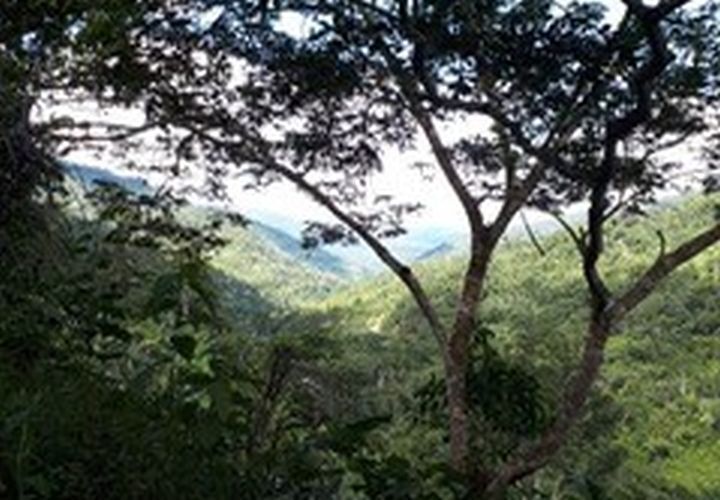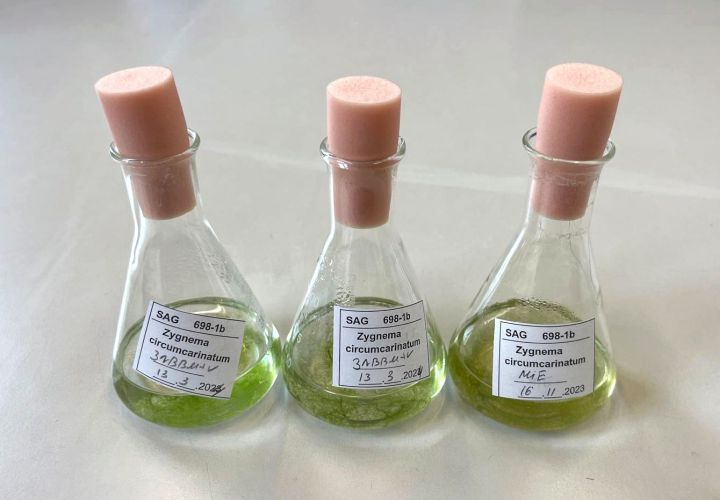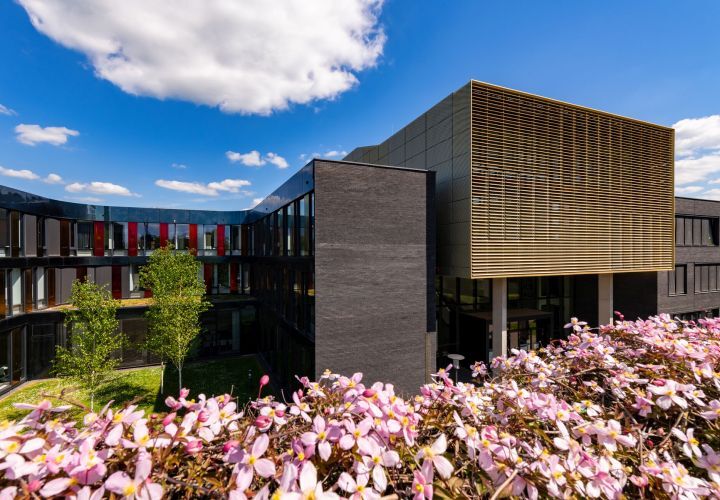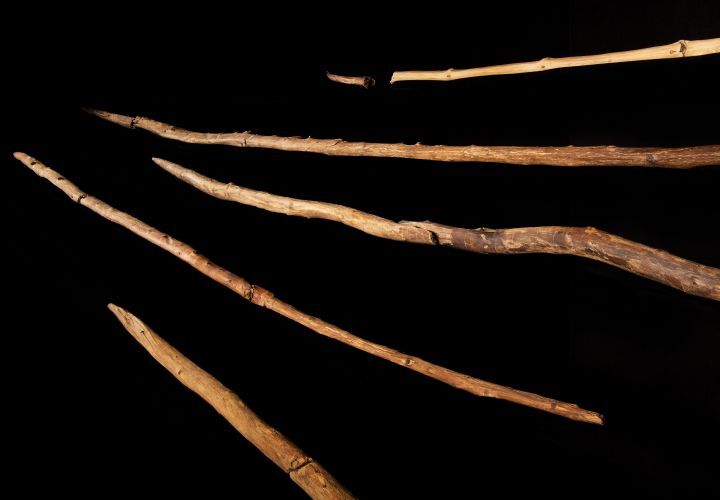The University of Göttingen is an internationally renowned research university. Founded in 1737 in the Age of Enlightenment, the University is committed to the values of social responsibility of science, democracy, tolerance and justice. It offers a comprehensive range of subjects across 13 faculties: in the natural sciences, humanities, social sciences and medicine. With about 30,000 students and more than 210 degree programmes, the University is one of the largest in Germany.
New press releases

Tropical forest resilience to seasonal drought linked to nutrient availability
Tropical forests are highly productive ecosystems accounting for nearly half of the global forest carbon sink. If tropical forests can no longer remove carbon dioxide from the atmosphere, the effects of climate change may become even more severe. In recent times, these forests have been found to be increasingly limited in nutrients, which may affect their resilience to seasonal droughts and the rate at which they can remove carbon dioxide from the atmosphere. To investigate, researchers set up Africa’s first largescale nitrogen-phosphorus-potassium addition experiment in the Budongo Forest of Uganda.
more…
Regional differences in bird diversity in agroforestry systems
The diversity and ecological functionality of bird communities in tropical agroforestry systems are shaped by the surrounding landscapet. An international research team led by Göttingen University investigated the composition and ecological traits of bird communities in 23 cocoa agroforestry systems in Peru. The scientists found very different results depending on the region, and therefore emphasise the importance of tailoring agroforestry management strategies accordingly.
more…
Genomes of “star algae” shed light on origin of plants
Land plants cover the surface of our planet and often tower over us. Developing their morphological complexity is underpinned by intricate networks of genes. Among those algae most closely related to land plants, diverse body types are found – from single-celled algae to complex cell filaments. From this group of relatives, researchers have now generated the first genome data of such complex specimens, on four filamentous “star algae” of the genus Zygnema. Their results appeared in Nature Genetics.
more…
Quantum electronics: Charge travels like light in bilayer graphene
An international research team led by the University of Göttingen has demonstrated experimentally that electrons in naturally occurring double-layer graphene move like particles without any mass, in the same way that light travels. Furthermore, they have shown that the current can be “switched” on and off, which has potential for developing tiny, energy-efficient transistors – like the light switch in your house but at a nanoscale. The results were published in Nature Communications.
more…
Prestigious awards for the humanities at Göttingen University
Professor of Arabic and Islamic Studies, Irene Schneider and linguist Professor Hedde Zeijlstra from the University of Göttingen have each been awarded an Advanced Grant from the European Research Council (ERC). The ERC will fund their projects for five years with a total of 2.5 million euros each. In addition, histo-rian Dr Anna Dorofeeva will lead a project within an Advanced Grant led by the University of Leicester. Around 550,000 euros of the funding will come to the University of Göttingen for this project.
more…
Finds at Schöningen show wood was crucial raw material 300,000 years ago
Extensive excavations in the Schöningen open-cast coal mine have been yielding many wooden objects from a layer dating from the end of a warm interglacial period 300,000 years ago. The items suggested a hunting ground on the lakeshore. An interdisciplinary research team has now examined all the wood objects for the first time. State-of-the-art imaging techniques such as 3D microscopy and micro-CT scanners have produced surprising results.
more…























